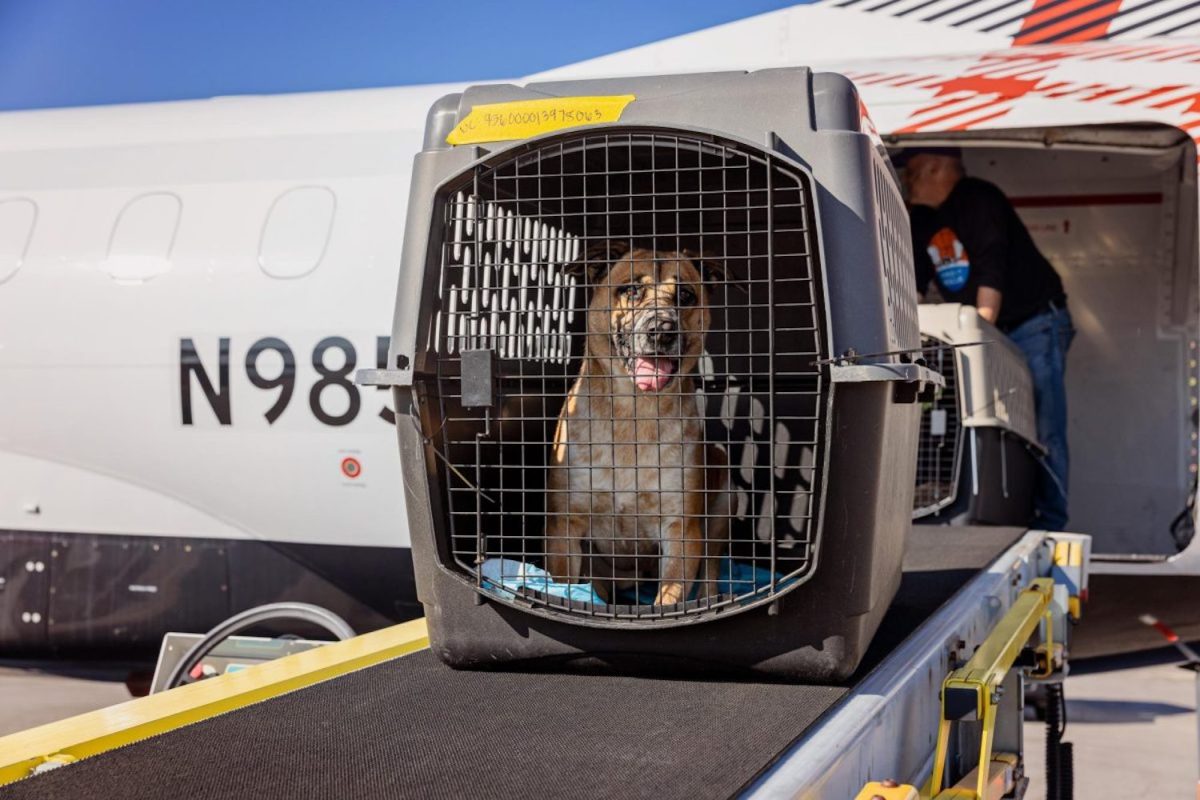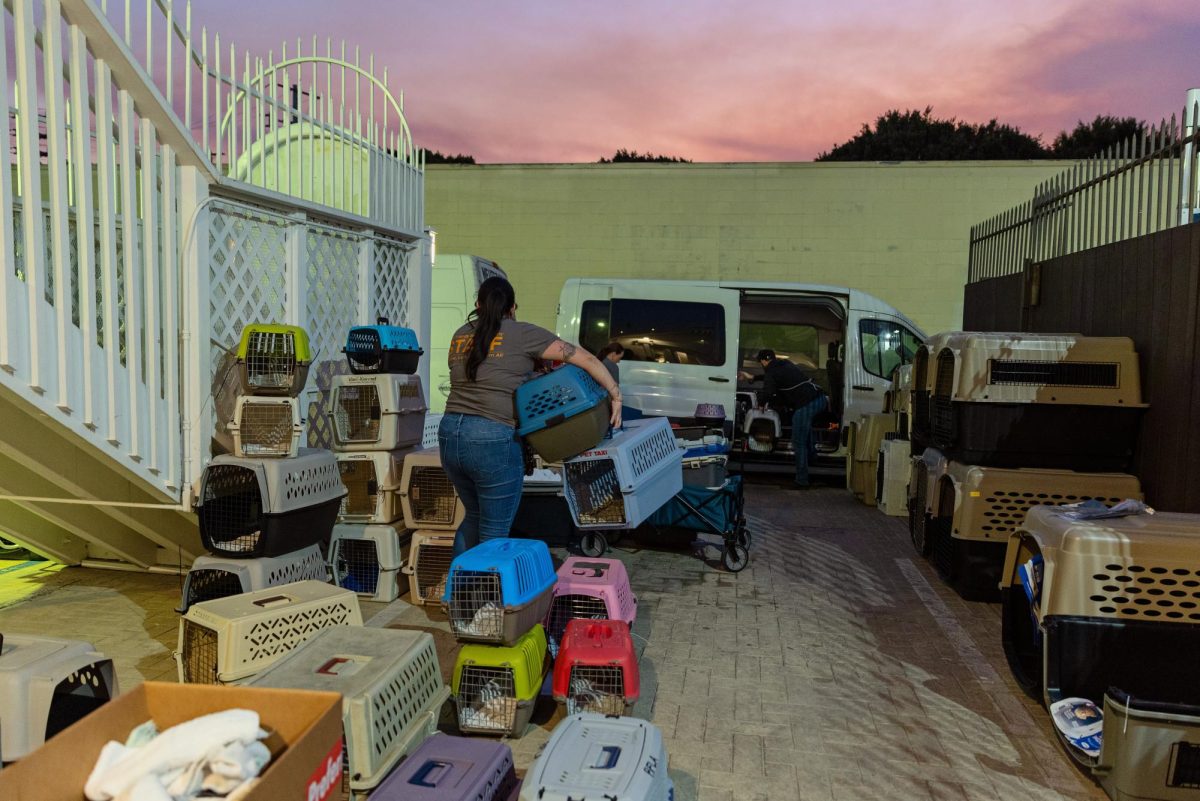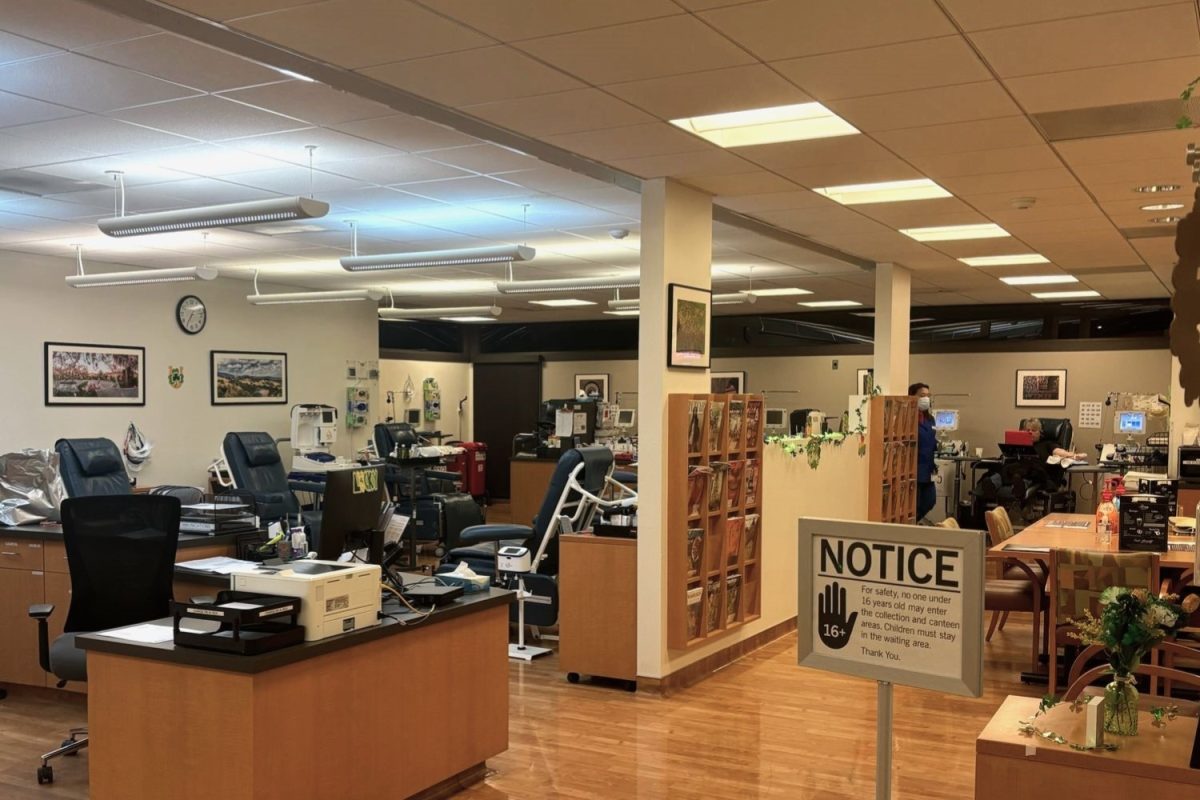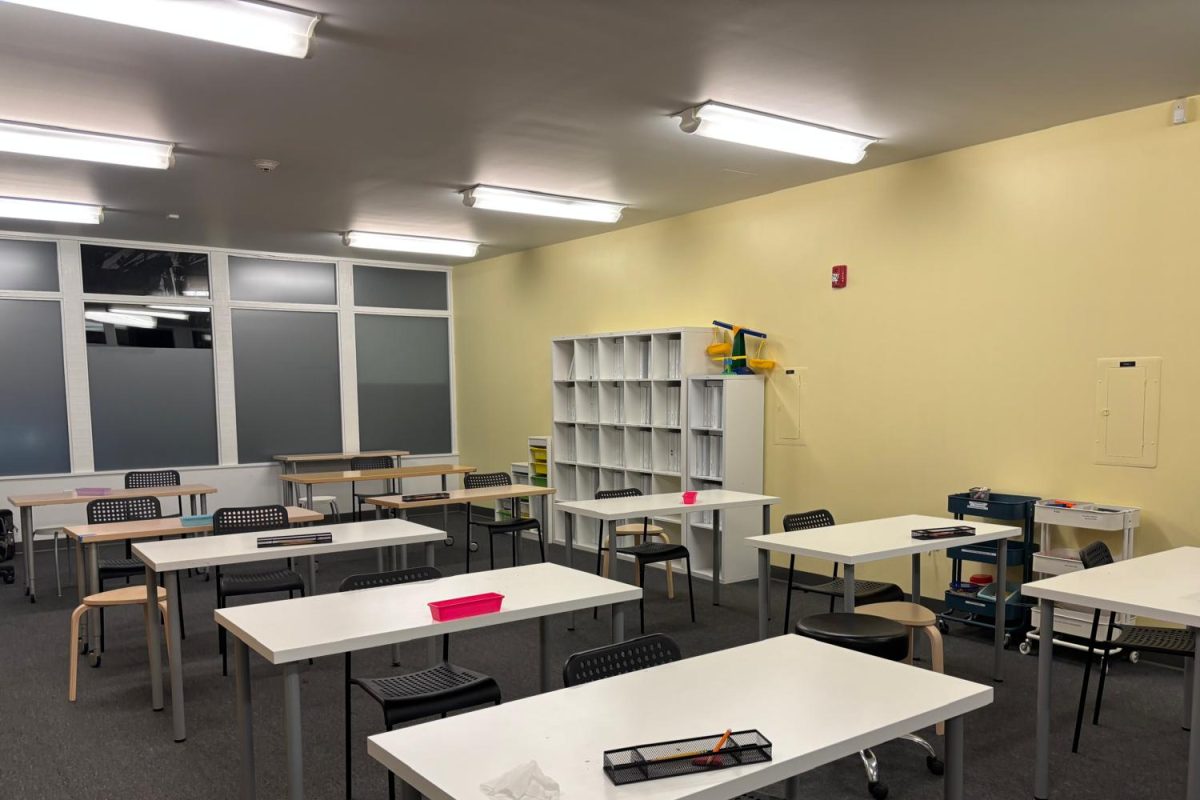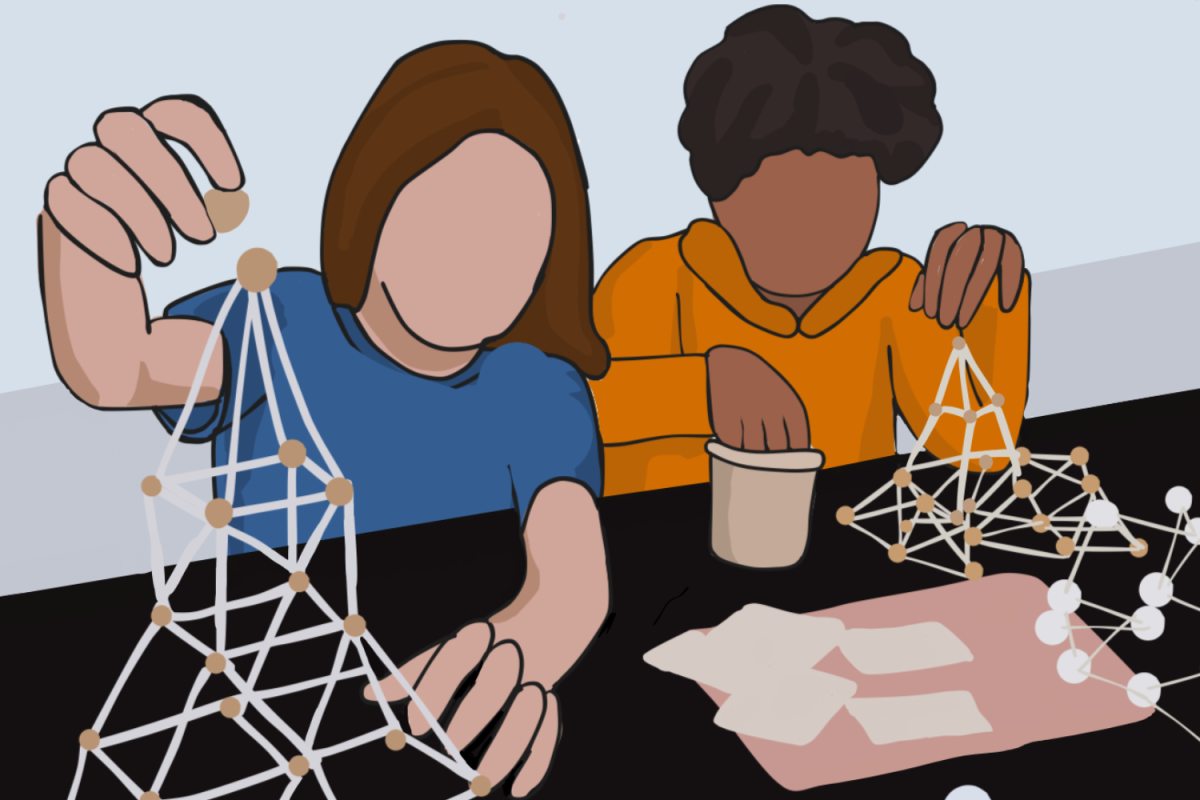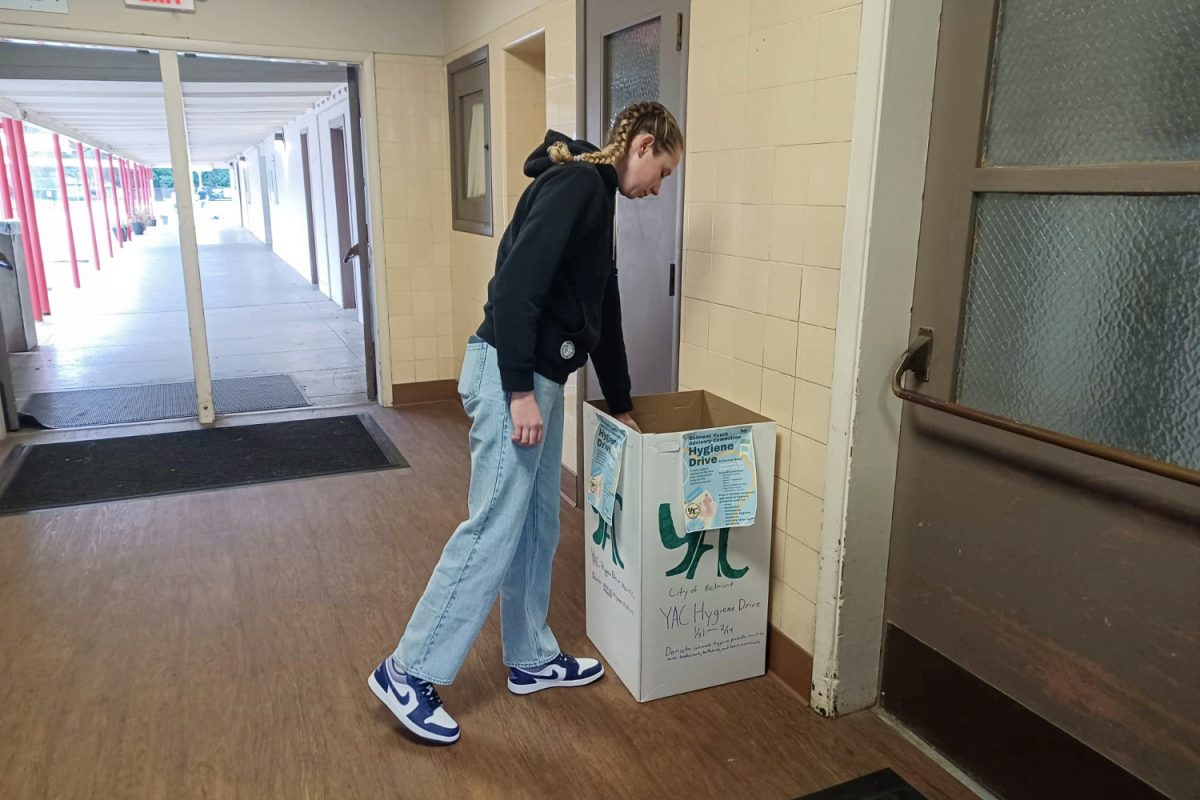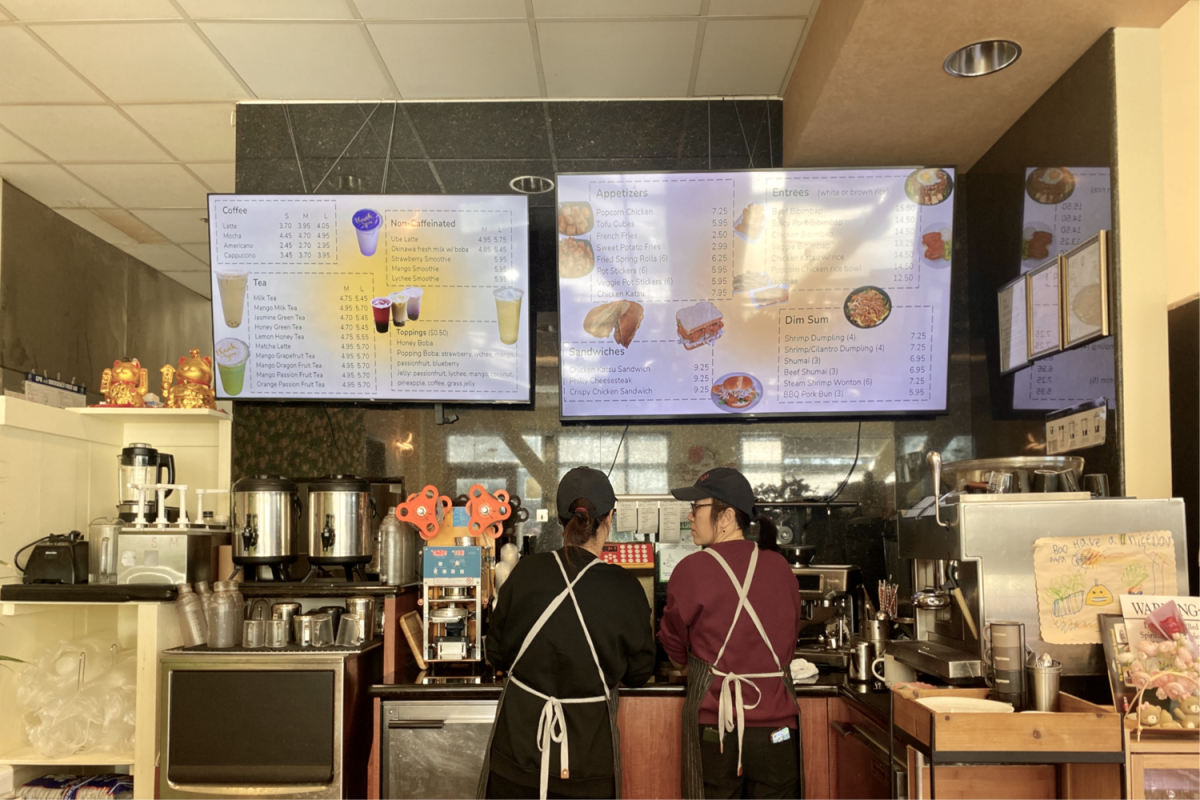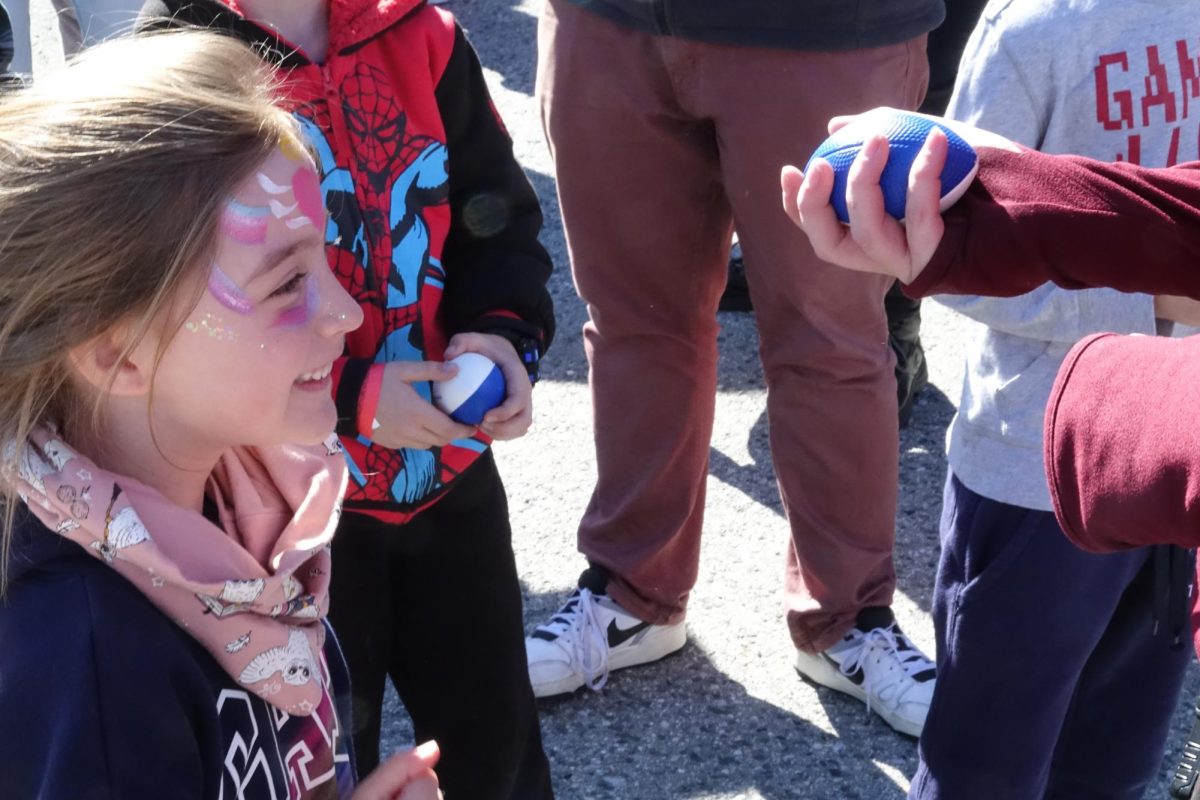Flames and rubble engulfed residents and animals living in Los Angeles as they escaped the devastating wildfires.
Facing all kinds of situations, many of these displaced pets and owners grapple with their situation. Many lives were put in jeopardy as people hastily packed to escape the fires.
Several animal welfare organizations and their volunteers have tirelessly worked on relief and rescue for the impacted animals. One of these organizations is the Best Friends Animal Society, an organization operating the nation’s largest sanctuary for homeless animals.
Natalie Perkins, a public relations strategist at the Best Friends Animal Society said that in addition to keeping the pets safe during this crisis, they are working closely with local Los Angeles shelters impacted by the fires.
“Best Friends is currently operating two pet pantries, offering essentials for displaced pets and their owners such as dog and cat food, treats, collars, and bedding as well as human essentials supplies like bottled water and personal hygiene products,” Perkins said.
However, the work of these volunteers is far from over. Many animal rescue efforts have moved from evacuation to longer-term recovery.
Jasminka Herceg, administrative director of I Stand With My Pack, a global nonprofit that works to save the lives of animals and prevent suffering and cruelty, said they are struggling to find food, shelter, and basic medical care.
“We are doing everything we can to assist with boots on the ground. Pulling the dogs from the shelters, securing foster homes, medical assistance, food, and finding them forever families. Even though we primarily rescue dogs, we have also rescued a few farm animals, such as potbellied pigs, and found them a great home,” Herceg said.
In addition to the physical toll this takes on animals, the psychological trauma makes a lasting impact as well.
“Pets are impacted mentally. They can perceive trauma and remember traumatic events. There can be triggers that make the animal anxious and afraid, like the sound of a fire engine or emergency vehicle,” said Dr. Deanna Pegg, a veterinarian who worked at Kama’aina Pet Hospital in Oahu.
For wildfires specifically, smoky inhalation can severely impact animal pulmonary systems.
“There is a risk of dehydration and dermal burns. When pets don’t have access to water it causes dehydration, which can build up fluid in places like the lungs, further complicating their ability to breathe,” Pegg said. “Sometimes these changes are temporary and can be treated, but they can also be permanent. If they’ve had extreme lung changes, they don’t fully recover.”
While this tragedy has severely impacted the Los Angeles community, it has also led to people rallying together to support each other. Despite feelings of helplessness, there are a number of ways to help.
“Every day, we receive heartbreaking stories of animals that have been separated from their families and are left to fend for themselves. Apart from donating, people can help by volunteering their time to assist in rescue efforts, fostering displaced animals, or sharing information on social media to broaden outreach,” Herceg said.

